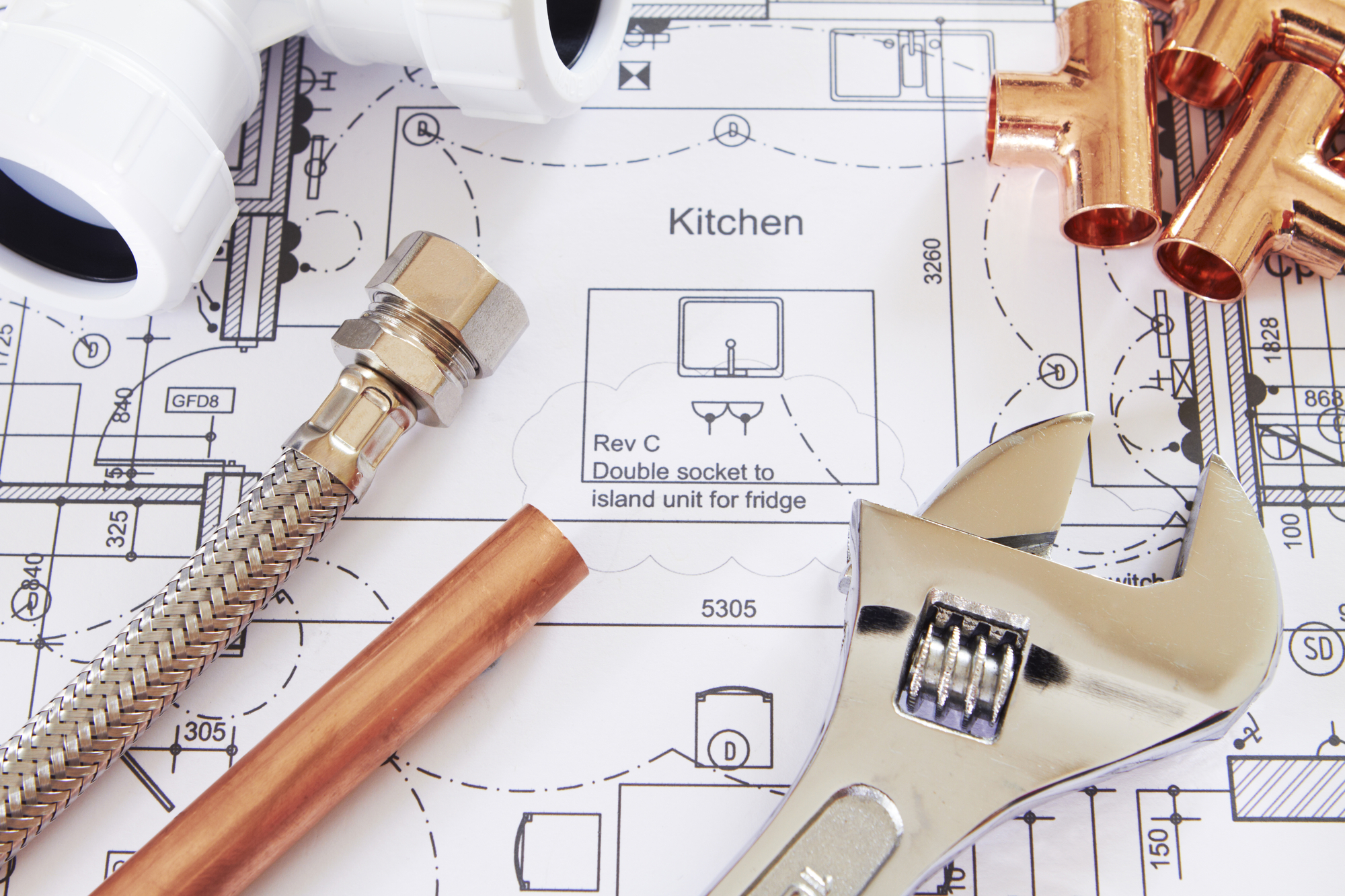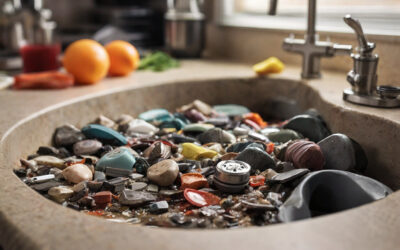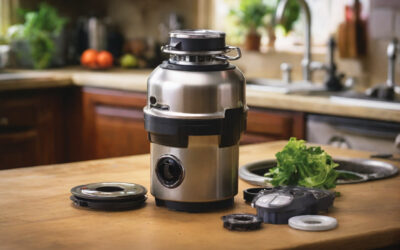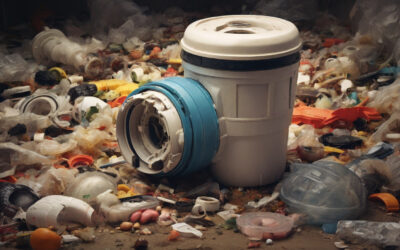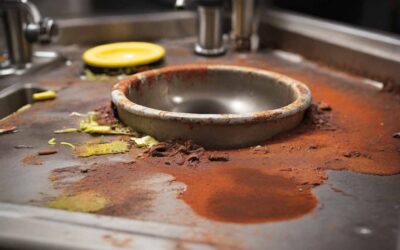Water heaters are an essential component of any plumbing system that provides us with hot water for showering, washing dishes, and doing laundry. However, like any other appliance, water heaters can malfunction from time to time, causing inconvenience and frustration. In this blog post, we’ll discuss some of the most common water heater problems and offer some tips on how to solve them.
1. No Hot Water
One of the most common water heater problems is the lack of hot water. This can be caused by several issues, such as a faulty thermostat or a broken heating element. If your water heater runs on gas, it could be an issue with the pilot light. To solve this problem, check the thermostat settings to ensure they’re set correctly. If not, adjust them to your desired temperature. If that doesn’t solve the problem, check the heating element and replace it if necessary. If you have a gas water heater, check the pilot light and ignition system to ensure it’s working correctly.
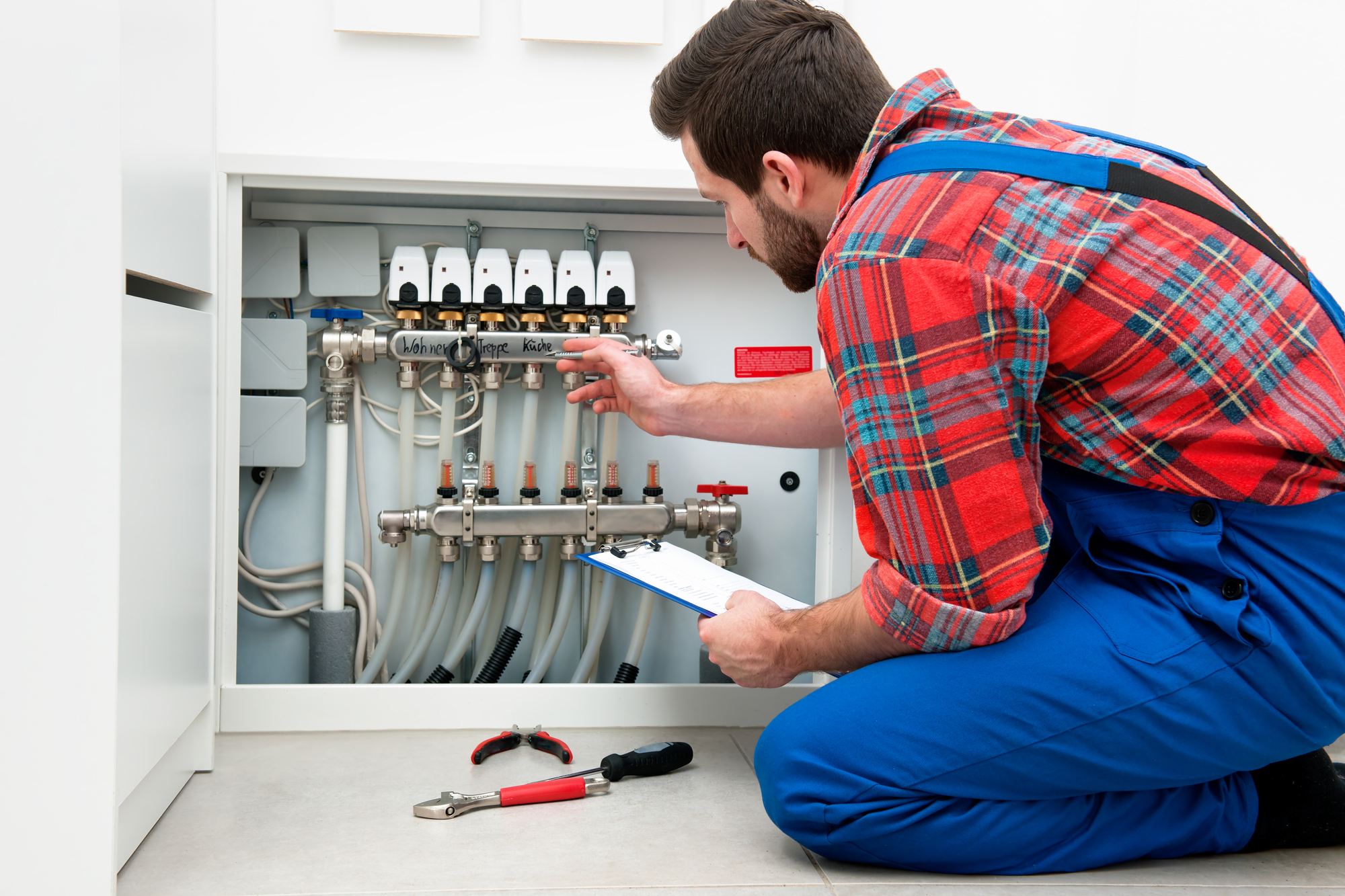
2. Hot Water Runs Out Too Quickly
If your hot water runs out too quickly, you may have a problem with the size of your water heater. A water heater that is too small for your household won’t be able to provide enough hot water for your needs. You can solve this issue by upgrading to a larger water heater. Another possible cause is sediment buildup inside the tank. Over time, minerals in the water can settle at the bottom of the tank, reducing its capacity. To solve this problem, drain the tank to remove any sediment buildup.
3. Strange Noises
Strange noises coming from your water heater could be a sign of a problem. If you hear popping or banging sounds, it could be due to excessive sediment buildup. This can cause the tank to overheat, leading to damage. To solve this problem, drain the tank to remove any sediment buildup. If the noise persists, it could be a sign of a faulty heating element or a leak in the tank. Call a professional plumber to diagnose and fix the problem.
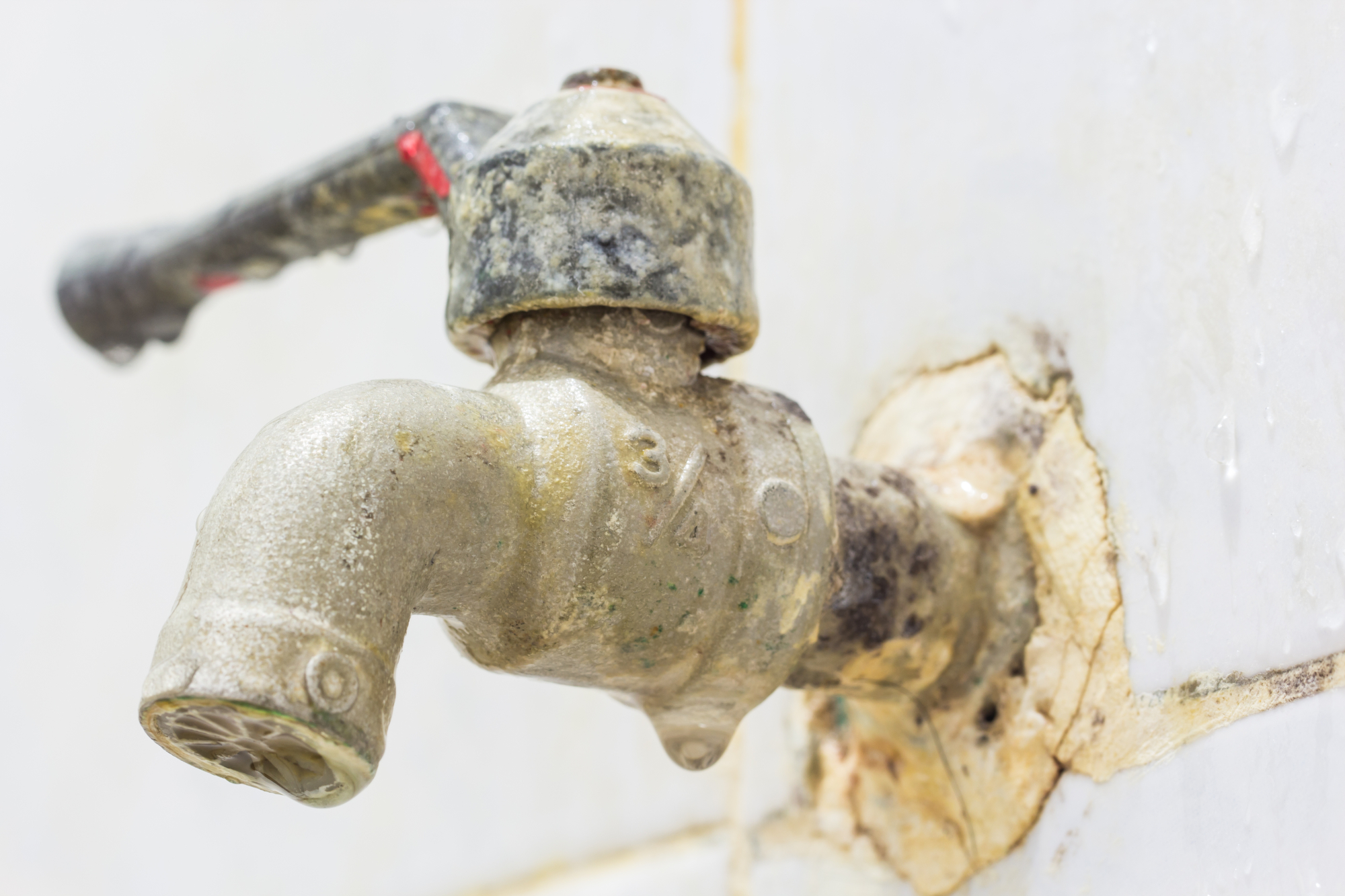
4. Leaking Tank
A leaking water heater is a serious problem that should be addressed immediately. If you notice water pooling near your water heater, it could be a sign of a leak in the tank. A leaking tank can cause significant water damage to your home and even pose a safety hazard. If you notice a leak, turn off the power to your water heater and call a professional plumber right away. They’ll be able to assess the damage and determine if the tank can be repaired or needs to be replaced.
5. Foul Smell
If your hot water has a foul smell, it could be due to bacteria growth inside the tank. This can happen if the water inside the tank isn’t heated to a high enough temperature or if the tank isn’t cleaned properly. To solve this problem, turn up the thermostat to 140 degrees Fahrenheit for a few hours to kill off any bacteria. You can also drain the tank and scrub it thoroughly. If the smell persists, it could be a sign of a more serious issue, such as a corroded anode rod or a leak in the tank. Call a professional plumber to diagnose and fix the problem.
Conclusion
Water heater problems can be frustrating and inconvenient, but with the right knowledge, they can be easily solved. If you’re experiencing any of the problems discussed in this post, try these solutions before calling in a professional plumber. However, if you’re unsure or uncomfortable working on your water heater, it’s always best to call a professional. Remember, if you notice any signs of a leaking tank or gas leak, turn off the power to your water heater immediately and call a professional plumber right away. For more information on water heater maintenance and repair, visit AcePlumbingRepair.com or call the experts at (844) 711-1590.

